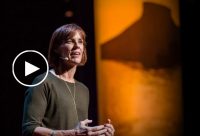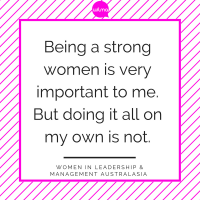Outgoing Westpac boss Gail Kelly is in the running to become the first Australian and the first woman to win the 2014 Morningstar chief executive of the year award outright after being named as a finalist.
If successful, she would join the likes of legendary investor Warren Buffet as the best in business.
The winner of the prestigious award will be announced in January, but as a nominee Ms Kelly goes up against just of two others: Greg Henslee, the chief executive of US auto-parts stores O’Reilly Automotive and John Martin, the CEO of American biotechnology company and market darling Gilead Sciences.
Chairman and CEO of Berkshire Hathaway and renowned investor Warren Buffett claimed the award in 2008. JPMorgan Chase chairman and CEO James “Jamie” Dimon won the award in 2002 while working at Bank One.
Ms Kelly recently announced that she will be leaving the company in February.
In revealing the nomination, Morningstar said “we think her leadership of the Australia-based bank over the last six and a half years places Westpac in a strong position for continued success“.
Ms Kelly took over as CEO in February 2008 during the global financial crisis and her emphasis on tight cost controls, low bad-debt expenses, and high tier-one capital ratios helped Westpac navigate the at-times turbulent banking environment.
During Ms Kelly’s time at Westpac, the bank has grown to become the country’s second biggest following the acquisition of St George, where she was formerly CEO.
In 2010, Forbes named Ms Kelly at No.8 on its list of the world’s 100 most powerful women. She currently ranks at 56 on the Forbes list.
Westpac has also steadily increased dividends, paid two special dividends in fiscal 2013 and at the same time increased return on equity to about 16 per cent, according to Morningstar.
The winners are nominated by a team of Morningstar global equity analysts, who research the capital-allocation practices of management teams at more than 1,300 companies, paying close attention to items such as M&A strategy and execution, dividend and share-buyback policies, and operational efficiency.
This article was originally published on Sydney Morning Herald 4th December. Read the original article here.









Leave A Comment